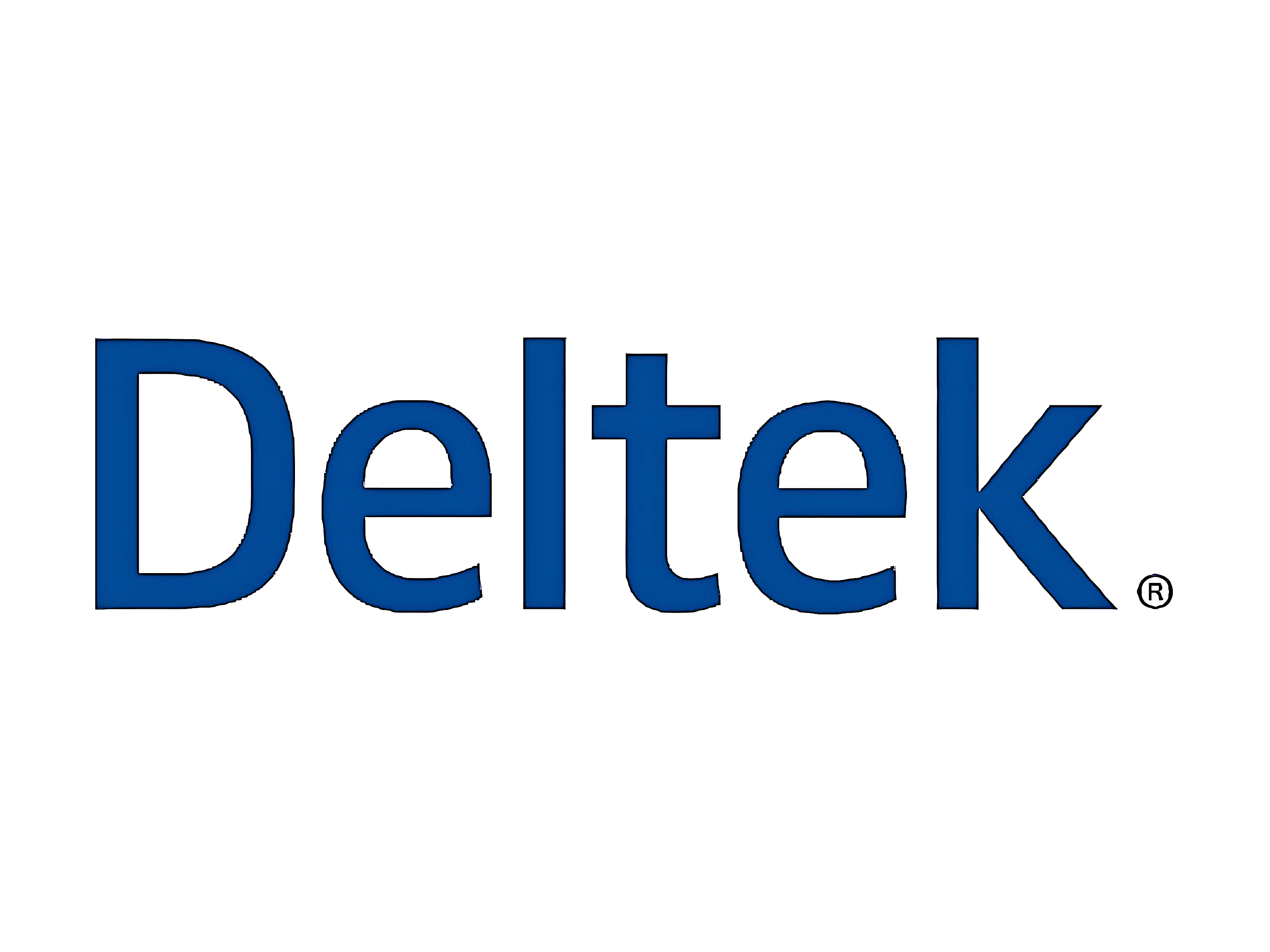7 Ways Monograph Project Accounting Transforms Accounting Practices
Wiki Article
Exploring the Secret Attributes of Monograph Accountancy for Successful Accounting Professionals

Defining Monograph Audit: A Comprehensive Overview
Monograph accounting represents a specific method within the more comprehensive field of financial reporting. This technique highlights the organized and comprehensive documents of monetary purchases and their implications. Unlike conventional audit, Monograph bookkeeping is frequently customized to details sectors or one-of-a-kind scenarios, providing a concentrated framework for evaluation and coverage. It allows accountants to delve deeper into particular areas, providing a comprehensive view that straightens very closely with business objectives.An essential feature of Monograph bookkeeping is its adaptability; it can include different accounting criteria and techniques as required. This adaptability makes it possible for accounting professionals to create reports that are not only precise yet likewise relevant to stakeholders. The method commonly involves extensive study and examination of financial data, ensuring that every aspect is extensively comprehended and recorded. Therefore, Monograph accounting serves as an essential device for accountants aiming to offer insightful monetary assessments customized to details contexts.
The Importance of Clarity and Precision in Financial Reporting

Uncertain or unreliable reporting can result in illinformed strategies, wore down trust amongst capitalists, and regulatory examination. For that reason, accountants need to focus on accuracy in their job, making certain that figures are diligently confirmed and financial narratives are coherent. This not only promotes transparency but likewise improves the total integrity of the company.
Eventually, quality and precision in economic reporting are crucial for preserving stakeholder self-confidence and promoting sustainable company growth. Accountants play an essential duty in promoting these criteria, making their knowledge important in browsing the complexities of economic data.
Enhancing Decision-Making Procedures Through Monograph Audit
Effectiveness in decision-making procedures is considerably improved with the principles of Monograph bookkeeping. By settling detailed monetary information into a singular, meaningful framework, accountants can rapidly access crucial info needed for informed choices. This approach decreases the moment invested in information access and analysis, enabling an extra agile reaction to financial situations.In addition, Monograph accountancy highlights clear categorization and thoughtful organization of financial deals, which minimizes errors and miscommunication. When accounting professionals utilize these concepts, they can present economic insights in an organized fashion, helping with discussions among stakeholders.
In addition, the standardization integral in Monograph audit allows seamless comparisons throughout various durations or divisions, even more aiding in calculated planning. This streamlined strategy not only optimizes the interior processes of audit professionals but likewise improves the total organizational agility, encouraging services to adapt to changing market problems promptly.
Key Benefits for Accountants and Their Customers
While adopting Monograph bookkeeping may call for a first financial investment of time and sources, the long-term advantages for both accounting professionals and their customers are considerable. This accountancy method promotes improved precision and transparency, permitting accounting professionals to keep more clear monetary records. By combining info into a particular narrative, customers acquire far better understandings right into their monetary wellness, helping with educated decision-making.Furthermore, Monograph accounting cultivates stronger customer connections via boosted communication (Monograph). Accountants can offer monetary information in a more absorbable format, making it less complicated for clients to recognize intricate information. This clarity not just builds trust yet additionally urges positive economic management
Additionally, the structured processes connected with Monograph bookkeeping lower the chance of mistakes, which can save both time and money. Ultimately, the assimilation of this strategy brings about more effective procedures, making it possible for accountants to give greater high quality service while encouraging customers with enhanced monetary understanding and control.
Practical Applications of Monograph Audit in Different Industries
In what ways can monograph accountancy change numerous industries? By supplying a concentrated and extensive strategy to economic coverage, Monograph audit improves quality and accuracy across varied fields. In healthcare, for example, it assists in the exact monitoring of patient expenses and resource allowance, eventually boosting economic administration. The production sector advantages from its organized evaluation of manufacturing expenses, permitting better prices methods and profitability assessments.In the retail sector, Monograph bookkeeping helps in inventory administration and sales projecting, assisting organizations optimize stock levels and reduce waste. In addition, in the nonprofit sector, it helps in clear coverage of give financing and source utilization, promoting trust among stakeholders. In general, Monograph audit's tailored methodologies make it possible for organizations to accomplish economic transparency and functional performance, making it an invaluable device across various markets. Its flexibility makes certain that businesses can satisfy particular accounting demands while preserving conformity with guidelines.
Regularly Asked Concerns
What Software application Is Ideal for Implementing Monograph Audit?
The very best software program for implementing Monograph accounting includes copyright, Xero, and Sage. These systems use comprehensive functions tailored for effective monitoring, reporting, and management of monetary data, promoting structured accountancy processes for specialists.Just How Does Monograph Accountancy Differ From Traditional Accountancy Approaches?
Monograph accountancy concentrates on individual jobs or customers, highlighting comprehensive tracking and reporting for specific entities, while standard audit accumulations information throughout all entities, prioritizing total financial health instead of project-specific understandings and performance.What Are Usual Challenges Accounting Professionals Face With Monograph Audit?
Accountants commonly experience obstacles with Monograph audit, including intricacy in monetary reporting, combination with existing systems, making certain conformity with regulations, adjusting to unique customer demands, and handling the thorough documents needed for exact analyses.
Are There Details Laws Governing Monograph Audit Practices?
Yes, certain laws usually regulate Monograph bookkeeping practices, consisting of adherence to national accounting criteria, conformity with tax obligation guidelines, and industry-specific standards. Accounting professionals need to remain educated to guarantee their practices straighten with these established frameworks.How Can Accountants Stay Upgraded on Monograph Accounting Trends?
Accountants can remain upgraded on Monograph accounting fads by signing up for industry magazines, going to appropriate workshops and meetings, taking part Monograph in specialist organizations, and engaging with on-line discussion forums devoted to accountancy requirements and best methods. (Monograph)Monograph accounting provides a special framework that improves monetary reporting for accounting professionals. Unlike traditional accountancy, Monograph audit is often customized to special situations or particular markets, supplying a focused structure for analysis and coverage. A key feature of Monograph accounting is its flexibility; it can include numerous audit requirements and methods as needed. By supplying a concentrated and thorough method to monetary reporting, Monograph accounting improves quality and precision across varied sectors. Yes, particular policies commonly regulate Monograph bookkeeping methods, consisting of adherence to national audit criteria, conformity with tax obligation guidelines, and industry-specific standards.
Report this wiki page